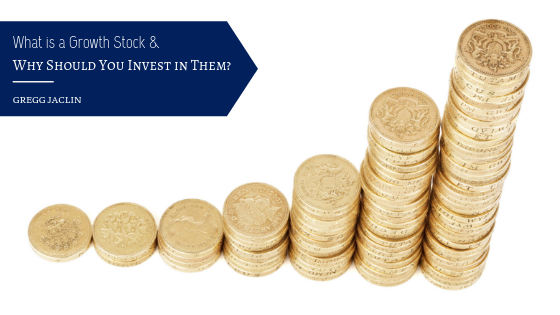One of the most common ways to build wealth is through investing in the stock market. There are a number of different strategies that people can use when trying to make money through stocks. Some individuals attempt to invest in dividend growth stocks that pay out a growing stream of dividend payments. Others will focus on a given index through mutual funds or ETFs that attempt to track the chosen index. Another option is attempting to find value stocks that are trading at prices well below their intrinsic value. Finally, many investors choose to invest in growth stocks.
What Are Growth Stocks?
Growth stocks are generally shares in new companies that, as the name might suggest, are poised for long-term growth. Growth stocks tend to be found in emerging industries. Some of the more common growth stocks in recent decades have been found in biotech or other areas of technology, primarily those related to the Internet and computing. Many growth stocks have a competitive advantage through the development of new products, service lines, or patents that are attractive to investors and show future promise.
Why Invest In Growth Stocks?
Investing in growth stocks is a great way to build wealth in a relatively rapid manner. Growth stocks that have competitive advantages in an expanding market while also maintaining a strong cash flow will sometimes experience many years or decades of double-digit growth. These capital gains will frequently exceed those offered by value stocks although not every stock that appears to be a growth stock will pan out as expected. One look at the tech crash shows the risk of failure that accompanies growth stocks, resulting in little revenue and no net income for investors. Those that succeed, like Apple or Amazon, can produce outsize gains that will beat the market as a whole for a considerable amount of time.
Growth stocks are investments that tend to be more risky than more established companies. They do not generally come with a cash flow from dividends. However, over time, these companies can grow into mature organizations that pay dividends to their investors and grow at a slower pace.

